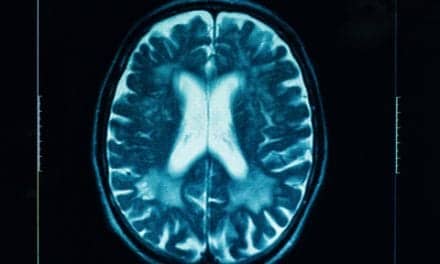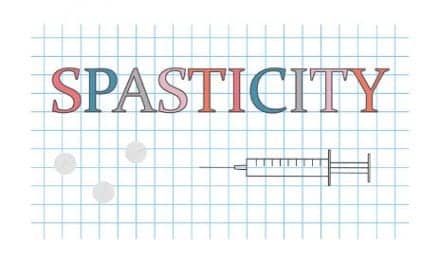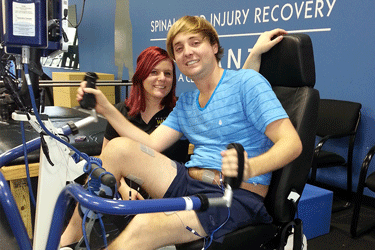A patient’s risk of stroke increases tenfold within 3 months of traumatic brain injury, according to a new study reported in Stroke: Journal of the American Heart Association.
"It’s reasonable to assume that cerebrovascular damage in the head caused by a traumatic brain injury can trigger either a hemorrhagic stroke or an ischemic stroke," said Herng-Ching Lin, PhD, senior study author and professor at the School of Health Care Administration, College of Medicine, Taipei Medical University in Taiwan.
Using records from a nationwide Taiwanese database, researchers investigated the risk of stroke in TBI patients during a 5-year period. The records included 23,199 adult TBI patients who received ambulatory or hospital care between 2001 and 2003. The comparison group comprised 69,597 non-traumatic brain injury patients. The average age of all patients was 42, and 54% were male.
During the 3 months after injury, 2.91% of TBI patients suffered a stroke compared with only 0.30% of those with non-traumatic brain injury—a tenfold difference.
Stroke risk in patients with traumatic brain injury decreased gradually over time, researchers said:
- After 1 year, the risk was about 4.6 times greater for patients who suffered a traumatic brain injury than for those who had not.
- After 5 years, the risk was 2.3 times greater for traumatic brain injury patients.
During the first 3 months, those with skull bone fractures were 20 times more likely to have a stroke than patients without skull bone fractures. The risk decreased over time.
The risk of subarachnoid hemorrhage and intracerebral hemorrhage increased significantly in patients with TBI versus non-traumatic brain injury patients.
Early neuroimaging examinations—such as MRI—and intensive medical monitoring, support and intervention should be required following a traumatic brain injury, especially during the first few months and years, Lin said.
"Our study leads the way in identifying stroke as an additional neurological problem that may arise following traumatic brain injury," Lin said.
[Source: American Heart Association]




